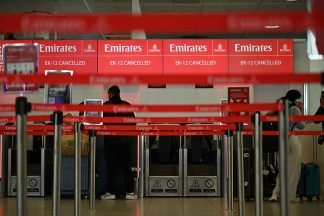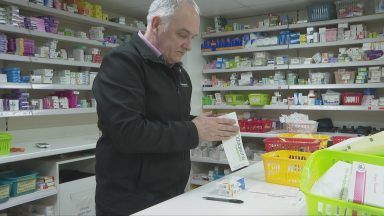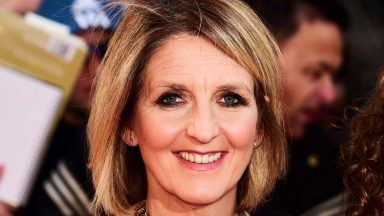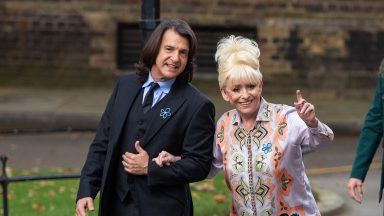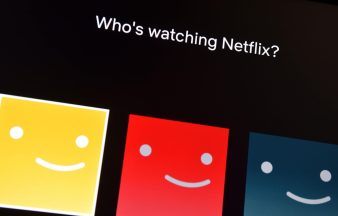Broadcasters including the BBC, ITV and Channel 4 have written a letter to the Government to ask for protection from online platforms which are “driven by profit, not purpose”.
The statement, also signed by Channel 5, MG Alba (Gaelic Media Service), Welsh language channel S4C, and STV in Scotland, warned that the content put out by streaming platforms “is not subject to the same safeguards and regulatory standards as ours”.
It said “bold intervention” from the Government was needed, and its signatories are all “rivals when it comes to ratings, but we all share one goal: our fundamental duty is to serve the British people”.
“We make diverse and distinctive homegrown television that unites the UK’s nations and regions in shared cultural moments,” the statement said.
“This unique contribution makes the UK’s public service broadcasters and our creative industries the envy of the world.
“Yet the risk we face is that global online platforms, rather than distinctly British broadcasters, will come to dominate our cultural landscape.
“These platforms may be impressive businesses but they are driven by profit, not purpose.
“Most of their content is not subject to the same safeguards and regulatory standards as ours.
“They have no mandate to contribute to the shared social fabric of the UK.
“As the market and audiences fracture and costs rise, we believe it is time to speak with one voice to call for action to secure the future of our irreplaceable public service media sector.
“We are already rising to meet the challenge, re-inventing ourselves by transforming our services for the digital age.
“However, we cannot do it alone. We can’t respond to all these risks without bold intervention.”
They said they are uniting during the Royal Television Society (RTS) Cambridge Convention to call for five specific actions to safeguard and enhance public service broadcasting.
These are:
– Taking action to ensure their content is prominent on devices and platforms where audiences spend their time;
– Needing trusted, independent journalism to thrive such as by promoting impartial news on the platforms young people use;
– Investing in UK storytelling;
– A managed transition to internet-delivered television, which requires a clear commitment from ministers;
– Working together to compete globally.
Annual figures released by Ofcom in July showed that YouTube is now the second most-watched media service in the UK behind the BBC and ahead of ITV.
In July, regulatory body Ofcom said in its report, Transmission Critical: The Future of Public Service Media, that the Government should bring forward legislation to help “ensure that PSM content is prominent and easy to find” on online platforms and “on fair commercial terms”.
Follow STV News on WhatsApp
Scan the QR code on your mobile device for all the latest news from around the country


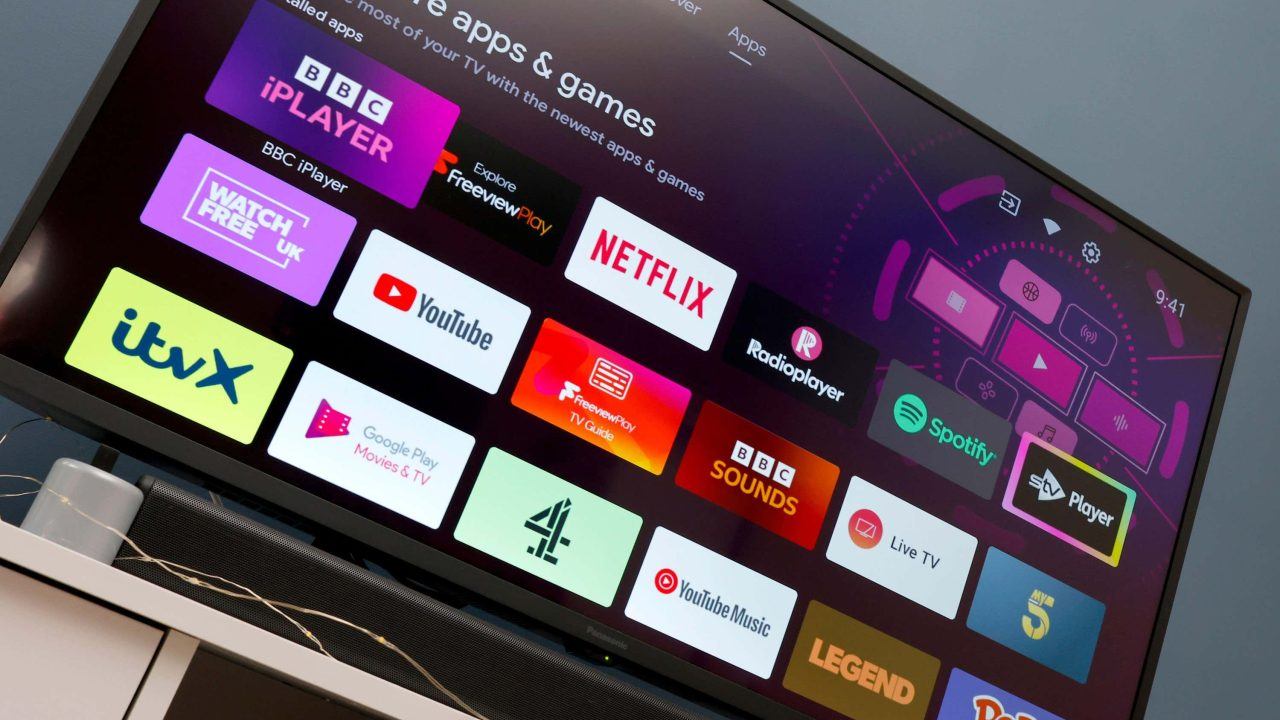 PA Media
PA Media

